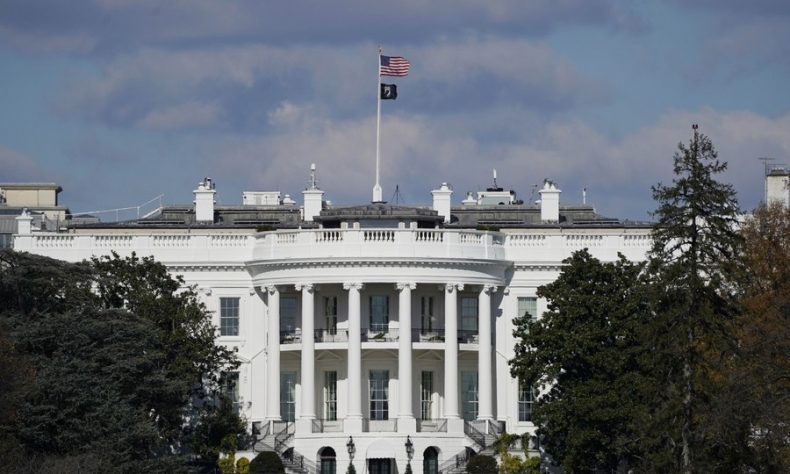The Summit of the Americas Should Not Be about Hegemony

Sanctions and force cannot guarantee Washington’s longstanding hegemony over the Americas. The U.S. must learn to treat them as equals and offer them more significant assistance.
The 9th Summit of the Americas convened in Los Angeles on Monday, and it will last until Friday. This event, held regularly since its inauguration in 1994, is, at face value, a platform for regional cooperation. The countries of the western hemisphere, or “the Americas,” come together to discuss common issues and cooperation, which is natural and expected among the countries who share a common geographic region.
However, this particular summit is increasingly mired in controversy. The United States, as the host country, has decided that it will not issue invitations to countries it deems to contravene its values. Therefore, it has prohibited Cuba, Nicaragua, and Venezuela from attending. The United States has long targeted Cuba and Venezuela with sanctions and regime change politics.
The move has sparked a backlash from other countries, with several leaders, including President of Mexico Andrés Manuel López Obrador, announcing that they will now boycott the event in retaliation to America’s bullying. Obrador stated that “there cannot be an Americas Summit if not all of the continent’s countries participate” and denounced “the old politics of interventionism.”

Throughout the Cold War, the United States initiated an aggressive policy of containment and regime change against ideologically hostile governments in South America, initiating numerous coups and even pursuing outright invasions. Cuba has been the highest-profile and central target of such aggression, becoming a significant flashpoint in the Cold War.
Although the Cold War has long ended, current U.S. foreign policy has become increasingly obsessed with hegemony as it adapts to confront perceived competitors. This has made its attitude to regional affairs zero-sum, leading to a more overt politicization of the summit of the Americas.
The U.S. has long treated the rest of the Americas as a “backyard” of exercising total political, economic, and military dominance. Despite being the most important neighbor and partner of the countries in South America, the U.S. never expanded serious economic engagement and regional integration, thereby leaving the gap in wealth, development, and incomes between the U.S. and South American countries to become highly pronounced.
The COVID-19 pandemic has exacerbated poverty and unemployment across South America, and the summit should offer incentives and build a common vision for prosperity. Instead, it is merely a platform for getting the countries of South and Central America to sign up to a one-sided U.S. wish list and agenda that will seek to try and isolate some countries and draw these nations into conflicts.
Sanctions and force cannot guarantee Washington’s longstanding hegemony over the Americas. The U.S. must learn to treat them as equals and offer them more significant assistance in the understanding that the prosperity of the region will be best guaranteed through the prosperity of Latin America. A complete overhaul in policy, priority, and focus is needed to make this summit a forum for regional engagement.
 Facebook
Facebook
 Twitter
Twitter
 Linkedin
Linkedin
 Google +
Google +







